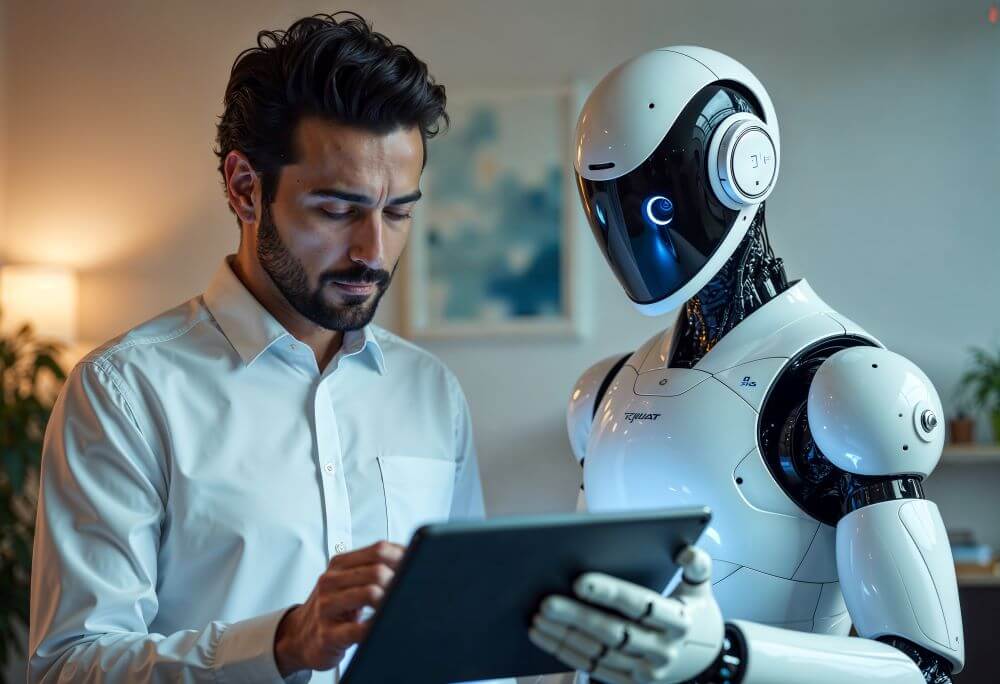Although artificial intelligence (AI) has caused the advancement of many industries, it has also changed the way that businesses run. It can be intimidating when a business first begins to explore the world of AI, but there are many benefits that can be reaped. From improved decision-making to enhanced customer experience, AI can definitely improve a company’s profitability.
But it can also benefit the company’s employees. This can occur in many different ways, as this post explains. If you would like to personalize the learning experience, enhance support, and reduce errors, then using AI within your business can be a worthwhile consideration.
Personalized Learning And Development
One of the main aspects of an employee’s work life that AI can transform is the opportunity for personalized learning experiences. This can benefit both the employee and the company by providing more engaging and effective training, which will often result in improved knowledge retention and skill development.
Artificial intelligence algorithms can be used to analyze employee data, such as job roles, learning preferences, performance, and skills, to create customized learning paths. This can ensure that each worker receives the most suitable content and training at the right time. By providing employees with more relevant training materials, they are more likely to be engaged and motivated.
Similarly, the AI-powered platforms modify the difficulty and format of training materials in real-time based on the employee’s progress. An example of this would be if one worker was struggling more than others, so they would receive additional practice materials. In the same strain, advanced learners can move on to more challenging content in a quicker manner.
Enhanced Employee Support
A business can improve the support offered to its employees through the use of artificial intelligence. There are numerous aspects in which this occurs, including automating routine tasks and enhancing personalization, as previously mentioned. However, this can assist through hiring and onboarding, communicating, and even the work-life balance.
The hiring process comprises several tasks, such as candidate assessments and interviews, and this can be an overwhelming experience. AI can automate some of these tasks and lead to better hiring decisions and reduced bias. Like with training materials, AI-powered onboarding tools will personalize the experience for new hires. This can make newly hired employees feel supported and welcomed.
Human resources (HR) is one factor of a company that can use AI. AI in HR, for example, allows individuals to use predictive analytics to collect feedback and identify areas that can be improved upon. Those working in HR can use AI tools to implement plans that will lift employee wellbeing and job satisfaction.
Reduced Human Error
Some businesses will have a lot of repetitive tasks that employees are responsible for. These sorts of duties can result in human error at times due to them being very mundane, whether from distraction or fatigue. Thankfully, AI can be used to take over these jobs, which will reduce the opportunity for these mistakes to occur.
Automation that is powered by AI, likely through technologies like RPA, can manage repetitive tasks like data entry and invoice processing. Not only will this free up the business’ employees to complete more complex jobs, but this could also alleviate them from the stress of making mistakes.
To conclude, employees can have an easier time working for companies that use artificial intelligence. As shown throughout this post, AI can personalize the learning and development of employees, enhance the support that they receive, and reduce human error.


